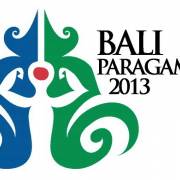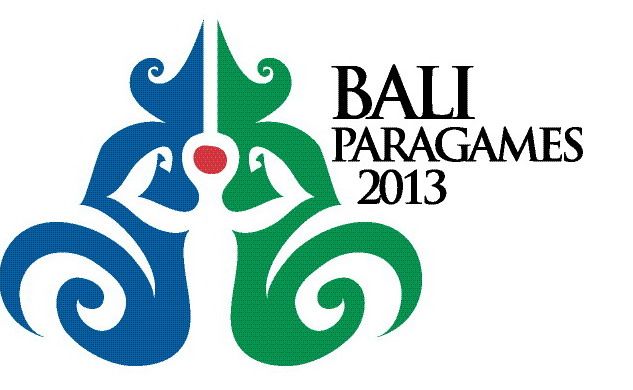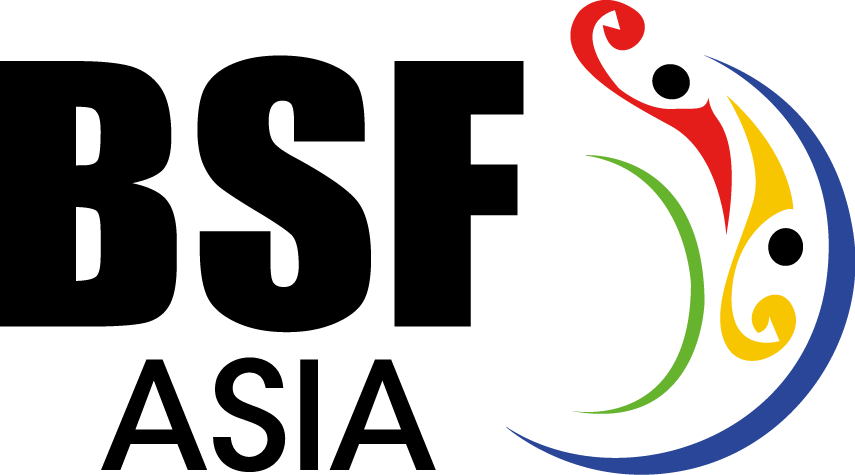No products in the cart.
BSF to hold inaugural Bali ParaGames


The Yayasan Damai Olahraga Bali/BSF Asia (BSF), a registered Indonesian charity, proudly announced that the first annual disabled games will be held in Denpasar, Bali from Thursday 11 to Sunday 14 July 2013. BSF wants the Bali ParaGames to become an annual event and has embarked upon an initial four year plan to grow the Bali Paragames in terms of increasing the number of competitors, introducing new sports for the disabled in Bali and also raise awareness of the issues that confront those with a disability and to highlight abilities and opportunities for the disabled in all aspects of society. BSF believes that sport can positively change the lives of the disabled.
It is because the Bali ParaGames wants to broader understanding and acceptance of people with disablilities throughout society that BSF have themed the games as ‘Access Bali’. BSF hopes that over the coming years all services sectors in Bali, such as tourism, retailing, education and government, will awaken to the need and obligation to provide reasonable and equality of access to all disabled Balinese (and visitors to Bali). BSF believes that sport is a vehicle to bring about this change. BSF asks all – from expatriate, to tourist, to local – to think about what you can do to provide access to the disabled in Bali (and beyond). It really is the case that ‘from little things big things grow’. Please join them in their campaign for equality through sport.
For the inaugural games there will be seven (7) events. By 2017 the Bali Paragames plans to feature eleven (11) sports, some of which are open to abled body competitors.
1.Swimming
2.BlindSoccer
Blind soccer is open to disabled and able body competitors. Each team has six players, with the goal keeper being sighted. Able body competitors can complete provided they wear a mask to cover their eyes.
3.Badmitton-standing and wheelchair
Able body competitors can compete provided they play sitting in a wheel chair.
4. Chess
5. Power lifting
6. Table tennis – sitting and standing.
Able body competitors can compete provided they play sitting in a wheel chair.
7. Athletics
BSF will use the broad categories of disability for sport currently used in Bali, namely:
1. Tuna Grahita (amputee and wheelchair)
2. Tuna Netras (blind)
3. Tuna Wicara (deaf and/or mute)
4. Tuna Daksa (intellectual disability, particularly down syndrome)
5 time Australian ParaOlympian Kingsley Bulgarin and Bali’s only ParaOlympian I Nengah Widiarsih will be the Bali ParaGames Ambassadors and will help spread BSF’s vision leading up to the games.This vision includes supporting the UN Convention on the Rights of Persons with Disabilities. Article 30 of the Convention states:
Participation in cultural life, recreation, leisure and sport
5. With a view to enabling persons with disabilities to participate on an equal basis with others in recreational, leisure and sporting activities, States Parties shall take appropriate measures:
a. To encourage and promote the participation, to the fullest extent possible, of persons with disabilities in mainstream sporting activities at all levels;
b. To ensure that persons with disabilities have an opportunity to organize, develop and participate in disability-specific sporting and recreational activities and, to this end, encourage the provision, on an equal basis with others, of appropriate instruction, training and resources;
c. To ensure that persons with disabilities have access to sporting, recreational and tourism venues;
d. To ensure that children with disabilities have equal access with other children to participation in play, recreation and leisure and sporting activities, including those activities in the school system;
e. To ensure that persons with disabilities have access to services from those involved in the organization of recreational, tourism, leisure and sporting activities.”( One can see full text of the Convention at http://www.un.org/disabilities/convention/conventionfull.shtml)
BSF Founder & CEO Rodney Holt observed “The dearth of opportunities for athletes with disabilities in Indonesia was highlighted recently at the London Paralympics. Indonesia sent 4 competitors, by contrast, Malaysia sent 22 competitors (population of approximately 29 million) and Thailand sent 50 competitors (population of approximately 67 million). Thus Malaysia had 1 competitor for each 1.3 million population, Thailand has 1 competitor for each 1.34 million population, while Indonesia had 1 competitor for 61 million population.At the 2010 Asian Para Games Indonesia ranked 14th on the medal table, winning only one gold medal and 11 medals in total. By comparison Malaysia ranked 6th with 45 medals and Thailand ranked 5th with 95 medals. On this statistical basis Indonesia has a long way to go to promote athletes with disabilities competing on the international stage. BSF believe that staging the Bali Paragames can have a local, national and international impact, and open a range of opportunities for the disabled through sport.”
Final word to Bali ParaGames Ambassador I Nengah Widiarsih commenting in the Jakarta Post in November 9 ,2012″Paralympians don’t attract the same attention as other athletes,” she said. “It shouldn’t be so. Nobody asks to be disabled. We train just as hard to achieve excellence on top of having a handicap.”
Anyone interested in volunteering,participating or sponsoring at the 1st Bali ParaGames please contact BSF at info@balisports.com
Further information at http://www.baliparagames.com
